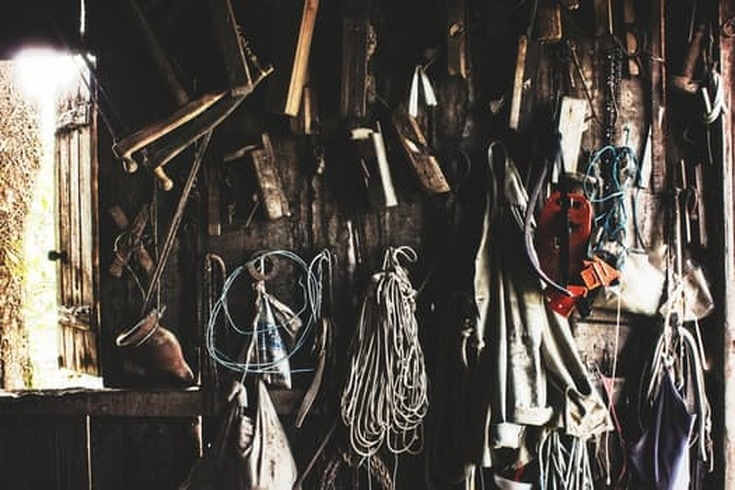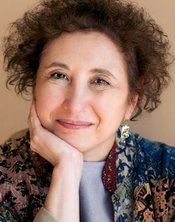|
By Karen Carnabucci, LCSW, TEP A man wrote to Dear Abby, the syndicated advice column, to voice his distress about his wife’s hoarding behavior. The letter was titled Key to Wife's Hoarding May Be in Her Genes. “Abby,” the name used by columnist Jeanne Phillips, offered her answer. I offer my view here too – it’s so important that people know about their options! Here's the letter: DEAR ABBY: My wife and I and our 13-year-old son live in a nice home we have been remodeling for the last eight years. The problem is, my wife has a hard time getting rid of anything, and she constantly brings home "new projects" that take up space but never get done. At one point, we hired a professional organizer because we had reached the point of having "goat trails" as the only means of navigating our way around the house. We also have a barn that is chockablock full. I have heard that the root cause may be due to an anomaly on a chromosome. How should I approach my wife about getting some genetic testing done? Her mom is also a professional pack rat. The clutter is taking its toll on our relationship -- we are in marriage counseling -- and on our family. We have so much stuff I can't breathe. -- SUFFOCATING IN MONTANA DEAR SUFFOCATING: It is interesting that your wife's mother also has this problem. Hoarding is related to obsessive-compulsive disorder, which can run in families, and has been known to be associated with depression, anxiety and bipolar disorder. It couldn't hurt if your wife had genetic testing done, but the suggestion might be better coming from the marriage counselor rather than from you, because if she hears it from you, she might become defensive or resistant. Here’s my answer. Yes, mental illness “runs” in families, as does addiction and a variety of physical ailments and conditions. I am a licensed psychotherapist and trainer in alternative psychotherapies, and I can tell you that studies have indeed found genetic markers that are associated with compulsive hoarding. However, genetic testing would tell you what you already know – that your wife is a compulsive hoarder and so is her mother. Compulsive hoarding is not something that you “talk” someone out of, because compulsive behavior is, by definition, highly irrational. Medications may or may not help; if they do help they often show side effects that cause other problems. The good news is that there are new healing approaches that address these kinds of inherited compulsive behaviors. I invite you to investigate Family Constellations, an experiential healing process that addresses the impact of ancestral trauma and how it lives within our bodies and our nervous systems. The approach takes a look at the suffering of our ancestors and frees us of their behaviors, burdens and pain. Although it is ideal that the person who suffers the hoarding condition seeks out the healing, it’s been shown that family members of the person can greatly benefit from these sessions – even if the suffering person does not want to pursue change. This kind of healing process – which is very different than traditional talk therapy – is well known in Europe, Russia and Latin America and is experiencing significant growth in the United States and elsewhere. There is an ever-expanding collection of books on the topic, including It Didn’t Start with You: How Inherited Family Trauma Shapes Who We Are and How to End the Cycle and The Constellation Approach: Finding Peace through Your Family Lineage. In addition, there are a growing number of trainers in the United States who teach the process which can be practiced in its classic form or key parts can be adapted and integrated into other therapies. In addition, we have a non-profit organization that sponsors a biennial North American conference, with the 2017 conference scheduled for Oct. 5-8 in Virginia Beach, Va. For those who are interested, whether professionals or laypersons, please see www.nasconstellations.org.
0 Comments
Your comment will be posted after it is approved.
Leave a Reply. |
AuthorKaren Carnabucci, LCSW, TEP, is an author, trainer and psychotherapist who promotes, practices and teaches experiential methods including psychodrama, Family and Systemic Constellations, sand tray, mindfulness and Tarot imagery. Archives
December 2023
Categories
All
|


 RSS Feed
RSS Feed